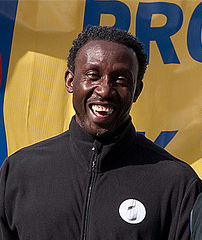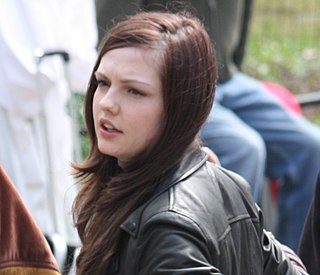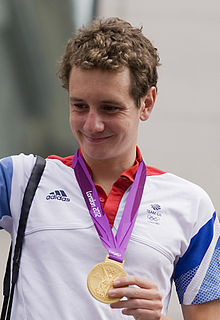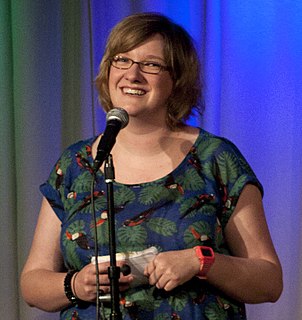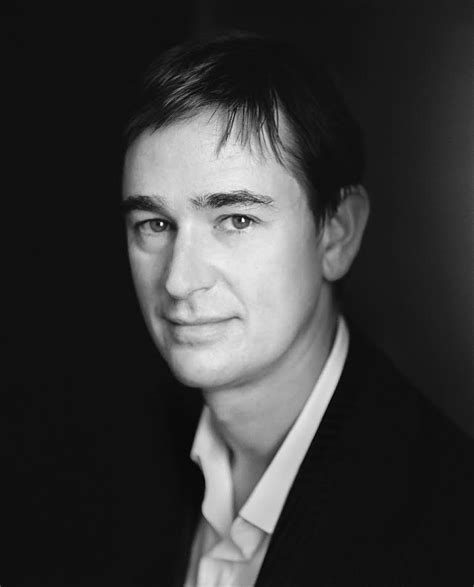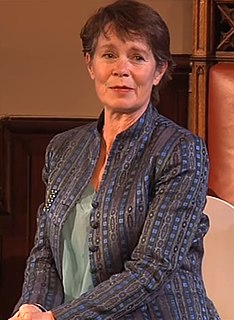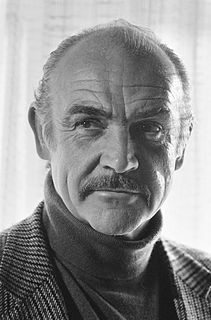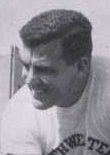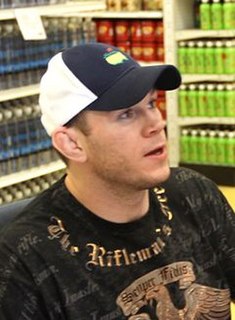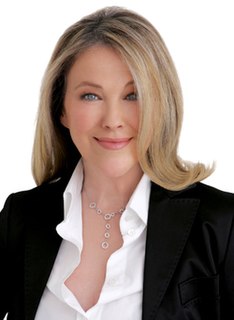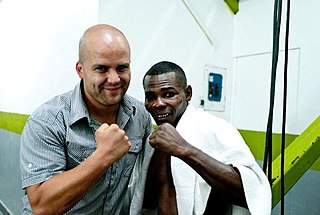A Quote by Linford Christie
Some of today's athletes do not have that kind of pride. They left school at 16, have never had a job in their life and are getting Lottery funding, earning money as an athlete.
Related Quotes
It's the same when you listen to any kind of successful athlete. My older brother has a useful name for them - he calls them lottery ticket careers. I are engaged in what he calls these lottery ticket careers. On the one hand it's very, very unlikely that you're ever going to hit it. On the other hand if you do hit it, you really hit it. You have to be engaged with it, though, maybe you're entire life. And if you never actually do hit it? You kind of jovially lie yourself along the way and recognize that it may produce things outside the hitting it kinds of goods, I suppose.
Anyone can see why an elite athlete would want to leave a small, impoverished country where their skills were effectively uncashed winning lottery tickets. All they had to do was wash ashore almost anywhere else in the world and cash in. Yet the vast majority of Cuban boxers - and Cuban athletes in general - despite that incentive, stayed.
